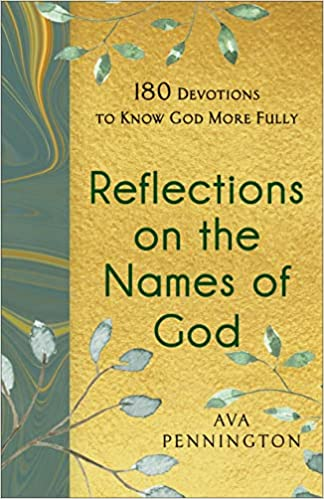by Patty LaRoche
Listen to advice and accept instruction, that you may gain wisdom in the future. Proverbs 19:20 ESV
When I was young, I loved reading “Dear Abby,” especially advice on how to deal with a rude neighbor or an inattentive boyfriend or a bratty child. I, of course, didn’t need Abby. I had my friends.
“You don’t have to put up with that.” “Try out for cheerleader.” “Get a credit card.” “Just call in sick.” “Stop being so nice.” “Don’t let your mom know.” “Marry for money; love will follow.” “Stick up for yourself.” “You’re better than that.” “Let’s sneak away to Oklahoma.” “It’s just marijuana” (one piece of advice I never, praise God, followed!). “It’s the thought that counts” (said by a friend, consoling me over the weed eater Dave bought me for my birthday).
I wasn’t exactly a wild child, but I sure did some bone-headed things, and rarely did I seek wise counsel. (By the grace of God am I alive to write this devotional.) How times have changed! Now that I am older, I am very careful about the advice I receive. Now I am picky about whom I ask for help. Now, I make sure my advice-givers are God-followers. To do that, they need to know the Bible.
For good reason, the Bible is called a “lamp to my feet and a light to my path.” My friends who know Scripture guide me according to its principles, principles that instruct me about forsaking pride and choosing love. Psalm 32:8 is a reminder of who should mentor me: I (God) will instruct you and teach you in the way which you should go; I will counsel you with My eye upon you.
But let’s face it—bad advice is not in short supply.
My book, A Little Faith Lift…Finding Joy Beyond Rejection, a humorous book with a serious message,came out a few weeks ago. In it, three women tell their stories, women who were advised by our high school counselor that they weren’t smart enough to attend college, much less major in their desired fields.
All graduated with advanced degrees but never forgot the degrading “tip” they had been given. Only because they had encouraging parents did they forge ahead, ignoring what they had been told. But what about those who had no such counsel?
The problem with advice, of course, is that well-intentioned people can be wrong. There is one story in Scripture that reeks of poor advice. Job, tempted by Satan, is being counseled by his pals and wife as to why God turned against him and forced him to suffer.
Not once do his pals admit that they might not really know the answer. Yet they are adamant in their criticism. They are wrong. Pastor Andy Cook studied Job and recommended we always ask these questions of human counsel:
1. Is it biblical?
2. Is it factual?
3. Is it necessary?
4. Is it teachable?
5. Does it acknowledge the imperfections of human counsel?
6. Is it spoken in love?
I’m wiser than I used to be. I understand the importance of good advice. I now know how little I know, so I am reluctant to tell someone what to do…unless, of course, my answer meets those six qualifications…or it involves a weed eater as a gift.
This article is brought to you by the Advanced Writers and Speakers Association (AWSA).

About the author: Patty LaRoche is a wife, a mother of three, a step-mother of three, a grandmother of nine and a great-grandmother of three. She has been married to Dave, a former professional baseball player/coach, for 50 years and because of his career, has lived in over 40 cities, ranging from California to New York. Her three sons followed in their father’s footsteps, and all were drafted into professional baseball. One remains in the game today.

After retiring from teaching high school speech, theater, debate and forensics, Patty split her time between Kansas and Mexico where she volunteers for local orphanages. She speaks professionally and writes a weekly, religious column for three area newspapers. In her spare time, she plays tennis and Pickleball, reads, hangs out with family and friends, roots for the KC Chiefs and thinks about exercising.
Patty recently published her first book A Little Faith Lift…Finding Joy Beyond Rejection, a humorous, Christian book—with a serious message—which addresses people who spend their lives trying to measure up.
Join the conversation: What is the best advice you have ever received?




























